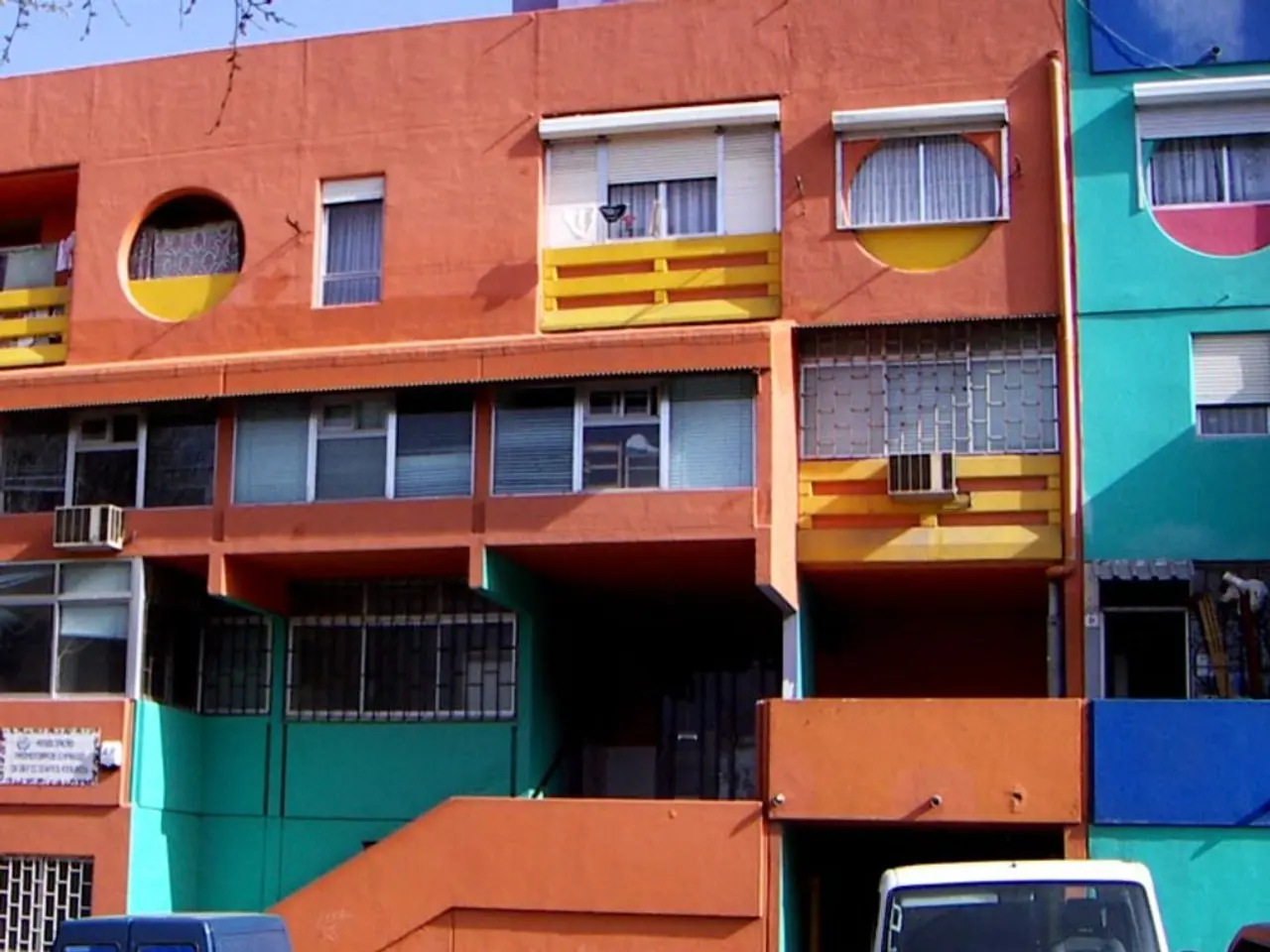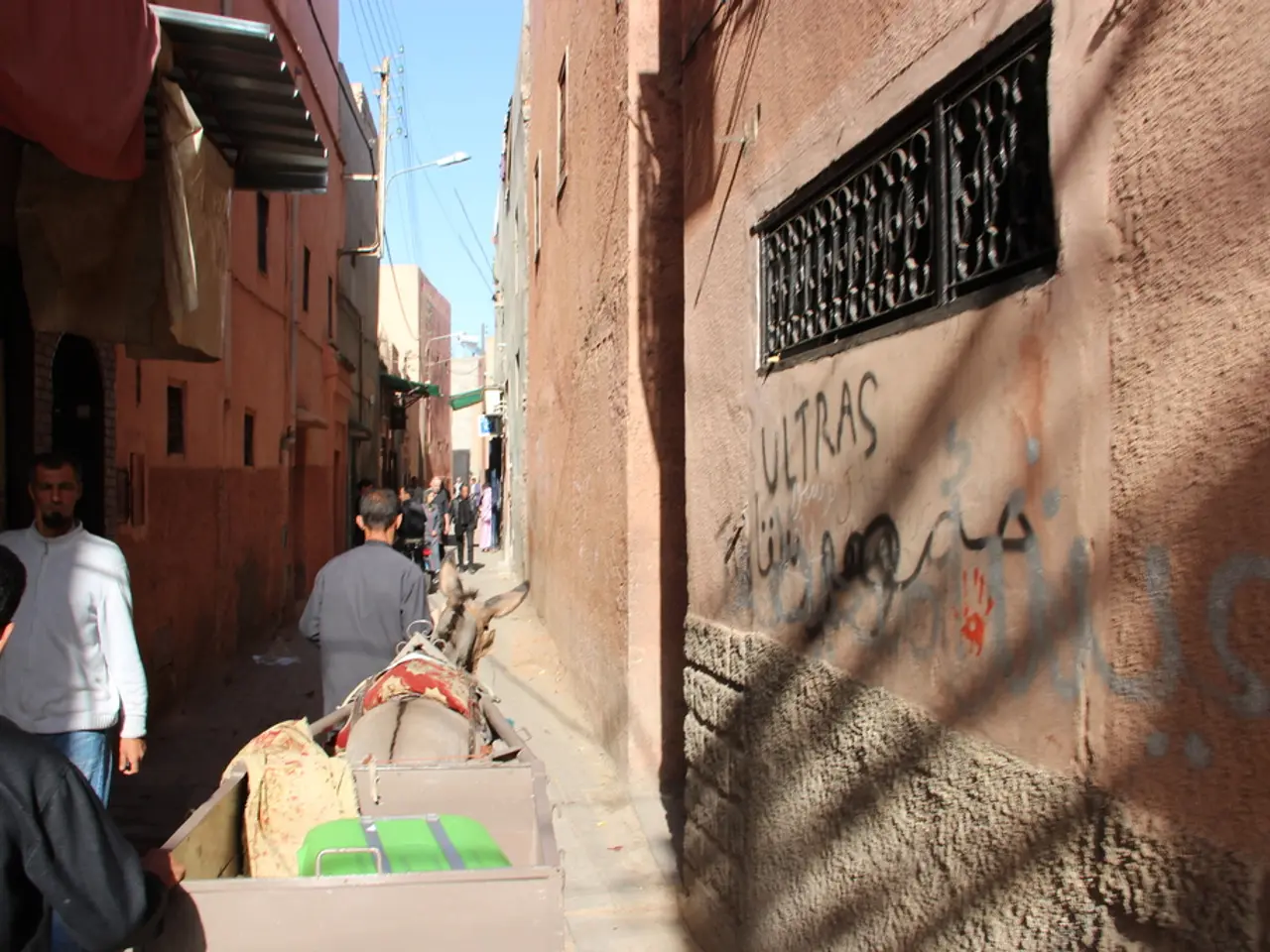"Israeli intention to seize Gaza City, resulting in hostage deaths, sparks widespread disapproval"
Israel is preparing to take control of Gaza City as part of a broader strategy to defeat Hamas, a move that has caused significant international concern. The Israeli Defense Forces (IDF) are reportedly planning to displace around 800,000 civilians by October 7, 2025, and surround the city for approximately three months, followed by further operations to clear central Gaza of Palestinian armed groups.
The decision has been met with criticism from various quarters. The United Nations has warned that Israel’s actions risk igniting a new, severe chapter of the conflict and would exacerbate an already dire humanitarian crisis by uprooting a large population. Miroslav Jenča, a senior UN official, described the escalation as dangerous during an emergency UN Security Council session.
The international community's responses have largely been condemnatory. Israel’s move has reportedly isolated the country diplomatically and risks its "pariah status," with concerns that traditional allies may become less willing to openly support Israel in this conflict. Jordan’s foreign minister specifically ruled out Arab troops entering Gaza to assume control.
Gaza City, considered the heart and center of government in Gaza, is seen as a significant blow to Hamas if it falls. Taking over Gaza City is considered a game changer in the ongoing conflict. However, the decision has faced criticism from families of hostages held by militants in Gaza and opposition leaders in Israel, who believe it puts hostages' lives at risk.
Israel's security cabinet has approved the plan to take control of Gaza City. The move comes amid mounting pressure at home and abroad over the war in Gaza, including over the humanitarian disaster in the enclave. Germany has announced it will halt exports of military equipment to Israel that could be used in Gaza, while Britain has urged Israel to reconsider its decision to escalate the Gaza military campaign.
The European Commission president, Ursula von der Leyen, is among foreign leaders urging Israel to reconsider its decision to advance into Gaza City. US ambassador Mike Huckabee, however, questions why some nations are placing "all the pressure on Israel" instead of on Hamas. He adds that President Trump insists that the militant group cannot remain in power and must disarm, expressing frustration that Hamas is unwilling to reach "any kind of reasonable settlement."
Saudi Arabia has condemned any move to occupy Gaza, while Britain, Canada, and France have said they could recognize a Palestinian state at the upcoming UN General Assembly. If Israel takes control of Gaza City, it would give them control of approximately 85% of the strip, reversing a 2005 decision in which Israel withdrew thousands of Jewish settlers and its forces, while retaining control over its borders, airspace, and utilities.
The situation remains tense and complex, with ongoing military operations in Gaza and substantial humanitarian implications. The fate of Gaza City and the future of the conflict remain uncertain, as the world watches with bated breath.
- The international scrutiny of Israel's decision to take control of Gaza City extends beyond the politics of the region, with general news outlets reporting on the potential humanitarian crisis, diplomatic isolation, and concerns about war and conflicts that it may cause.
- As the United Nations, European Commission president, and various foreign leaders urge Israel to reconsider its plan, the global community debates the political ramifications, humanitarian concerns, and potential escalation of the Israel-Gaza conflict.






